The recent visit of Saudi Crown Prince Mohammed bin Salman (MBS) to the United States from November 18 to 19, 2025, was highly significant, as it marked his rehabilitation on the world stage and led to major agreements on defence, artificial intelligence (AI) and investment, effectively resetting the US-Saudi relationship after years of strain.
The visit was MBS’s first to Washington in seven years, following the 2018 murder of journalist Jamal Khashoggi, the incident that had made him a “pariah” in some diplomatic circles. The grand welcome by President Donald Trump, including military fanfare and a state dinner, formally signalled his return to the center of American foreign policy and underscored Saudi Arabia’s strategic importance to the US.
The Crown Prince announced that Saudi investment in the US would increase to an ambitious $1 trillion, a significant jump from previous pledges. These investments are focused on creating US jobs and strengthening supply chains in key sectors, particularly high-tech areas.
A major focus was on technology transfer and cooperation. Saudi Arabia secured access to advanced US artificial intelligence chips and technology, a critical component of its “Vision 2030” plan to diversify its economy and become a regional AI hub.
The two nations finalised a series of defence agreements, including the long-awaited US approval for the sale of advanced F-35 fighter jets to Saudi Arabia. This represents a major shift in US policy and aims to anchor the Kingdom’s long-term security partnership with Washington, despite not being a formal Nato-style mutual defence treaty.
The leaders discussed regional issues, including efforts to end the war in Sudan. Trump pledged a new US push to end the war in Sudan, following a direct request from the Saudi Crown Prince. The Sudanese government has since expressed its readiness to cooperate with the US-Saudi initiative.
Quick Reads
View AllThe visit also provided an opportunity for Trump to discuss the potential for Saudi Arabia to normalise relations with Israel and join the Abraham Accords, although MBS reiterated that significant progress toward a two-state solution for Palestinians was a necessary condition. He stressed that a clear and credible path to a Palestinian state is a prerequisite for Saudi Arabia to normalise relations with Israel, a core US objective for post-conflict regional stability.
The US looks to Saudi Arabia and other Arab partners to play a leading role in the political, economic, and humanitarian stabilisation of Gaza following the current ceasefire. Mohammed bin Salman emphasised that no Arab or Muslim countries would contribute troops to any proposed international force in Gaza, arguing that their soldiers would not fight Hamas. The visit aimed to align American and Saudi leadership and financial commitments behind a shared vision for Gaza’s future but highlighted the persistent tensions and differing priorities regarding the Palestinian issue and regional stability.
Discussions also covered the potential revival of the India-Middle East-Europe Economic Corridor (Imec) trade route, which had been paused due to the West Asia conflict. Saudi Arabia is a critical transit and investment hub for the corridor, which involves a vast rail network across the Arabian Peninsula. MBS’s active participation in the talks re-emphasises Riyadh’s indispensability to the project’s viability. Imec aligns perfectly with Saudi Arabia’s Vision 2030, which aims to diversify the economy and position the Kingdom as a global logistics and connectivity hub.
The US sees Imec as a strategic, transparent, and rules-based alternative to China’s Belt and Road Initiative (BRI). MBS’s engagement with the US reinforces this shared objective and provides a non-Chinese-dominated trade route. The talks helped move the Imec from a mere transport corridor to a comprehensive framework including clean energy cooperation (eg, hydrogen pipelines), digital connectivity (undersea data cables), and integrated electricity grids, reinforcing supply chain security and aligning Eurasian policies.
Saudi participation in Imec could provide a pathway for reconstruction and aid for Gaza. The US stressed the need for Saudi Arabia to normalise relations with Israel, a crucial step for the northern leg of the Imec, which requires collaboration with Israel’s Haifa port. As mentioned above, the Saudi Crown Prince reiterated that a clear pathway to a Palestinian state is a condition for normalisation, linking the political future of the region directly to the corridor’s progress.
Crown Prince Mohammed bin Salman’s visit to the US in November 2025 has important implications for India. Apart from the discussions about the India-Middle East-Europe Economic Corridor (Imec), the visit has intensified the US-Saudi strategic partnership, including discussions on advanced American defence equipment like F-35 fighter jets and enhanced security cooperation. Given Saudi Arabia’s strong, existing defence links with Pakistan, this trilateral relationship could create a more complex regional security environment for India.
The US-Saudi alignment is partly driven by shared concerns about Iran. India has historically maintained a delicate balancing act, with strong economic and energy ties to both Saudi Arabia and Iran. Increased US pressure on Riyadh to counter Iran could complicate New Delhi’s foreign policy approach to the region.
In essence, the visit solidified a pragmatic partnership where the US prioritised strategic and economic gains over human rights concerns, while Saudi Arabia secured crucial technology, military hardware, and a bolstered international standing to advance its national transformation goals. The warm reception and high-value deals secured by MBS signal a strong US commitment to its relationship with Riyadh, positioning Saudi Arabia as an indispensable partner in West Asia. This elevates Saudi Arabia’s diplomatic standing and influence in shaping the region’s future.
The prospects for closer US-Saudi relations are strong but contingent on navigating key political challenges, primarily the Israeli-Palestinian conflict. The US administration is using the prospect of a transformative Saudi deal to encourage progress in the Israeli-Palestinian peace process. Israel now faces increased diplomatic pressure to make tangible moves toward a two-state solution to unlock the full potential of a regional peace architecture involving Saudi Arabia.
(The writer is a retired Indian diplomat and had previously served as Ambassador in Kuwait and Morocco and as Consul General in New York. Views expressed in the above piece are personal and solely those of the author. They do not necessarily reflect Firstpost’s views.)


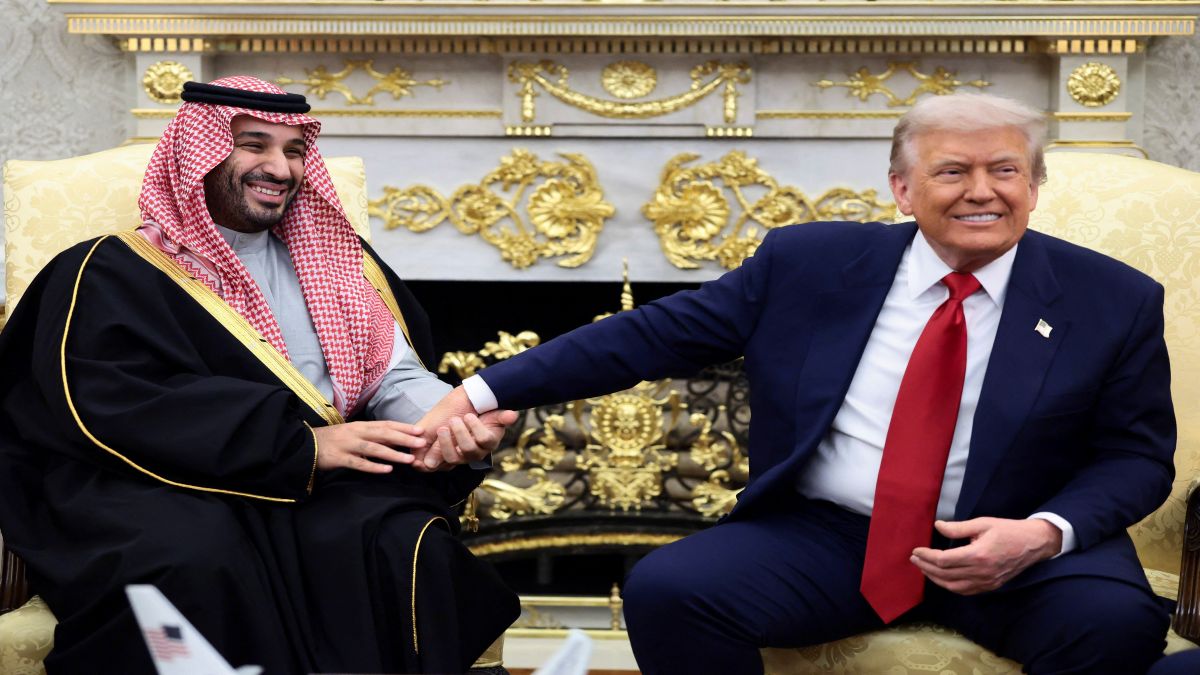)
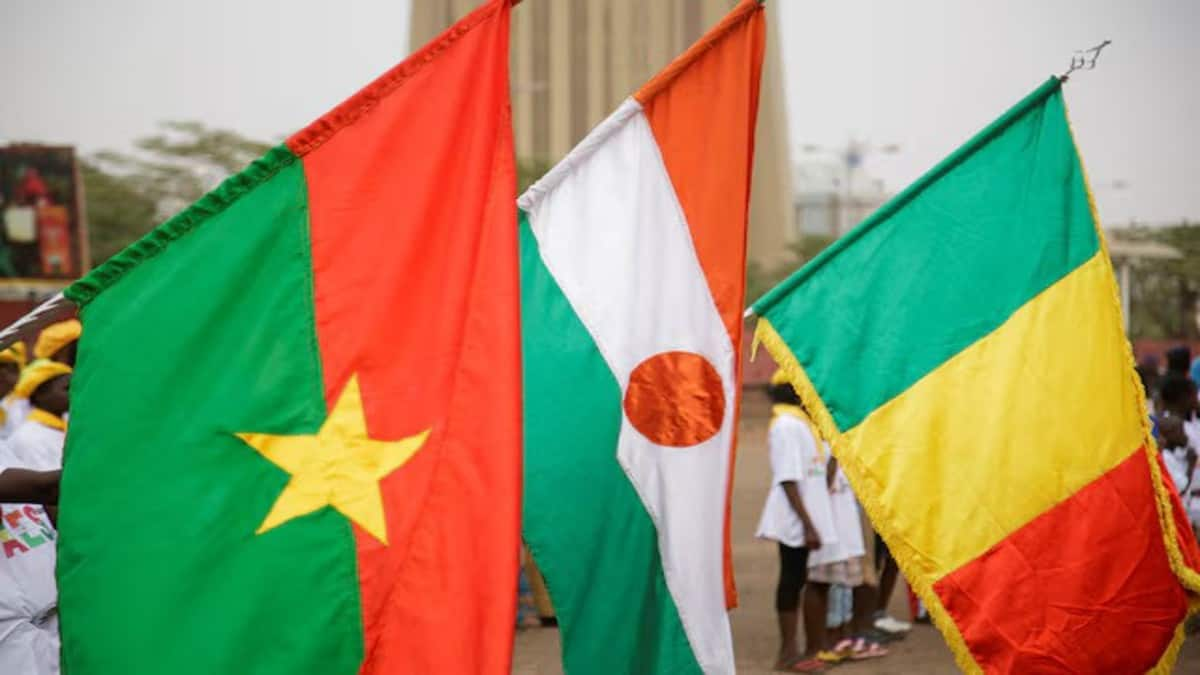
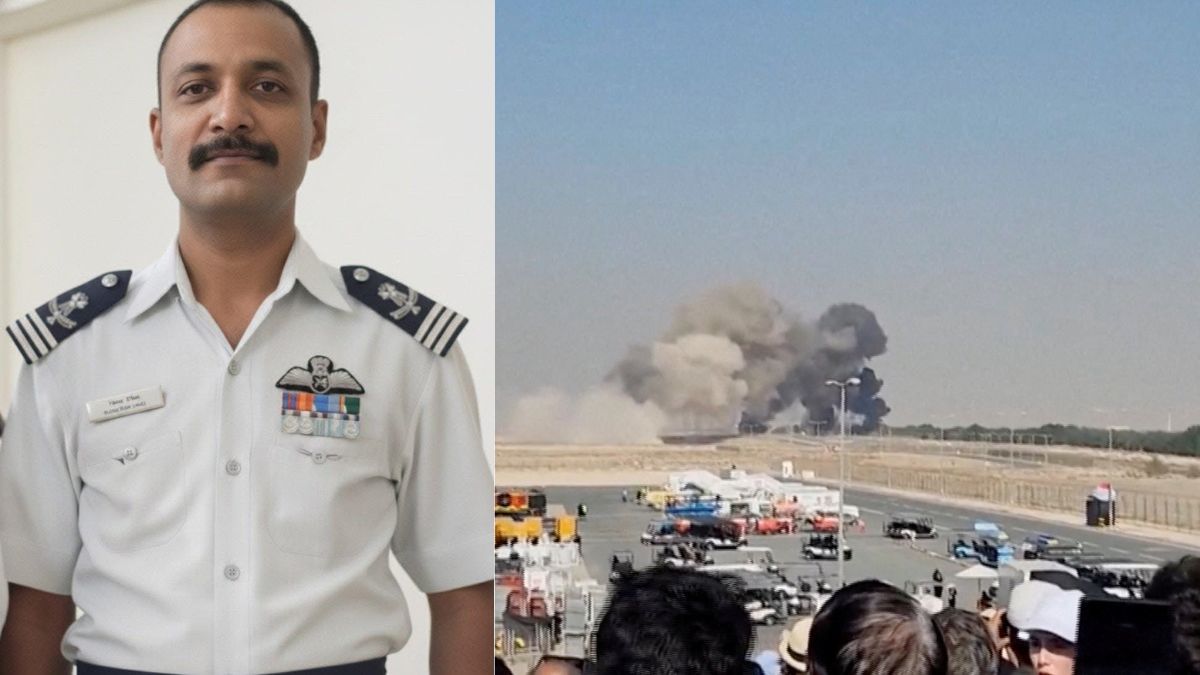)
)
)
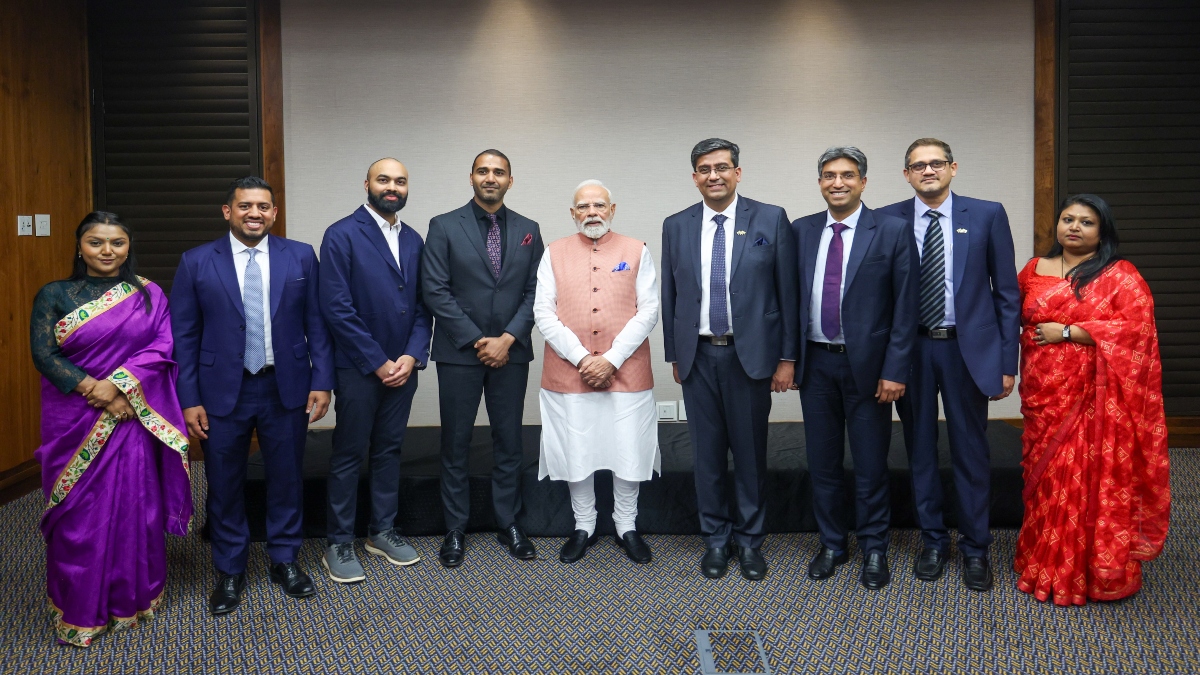)
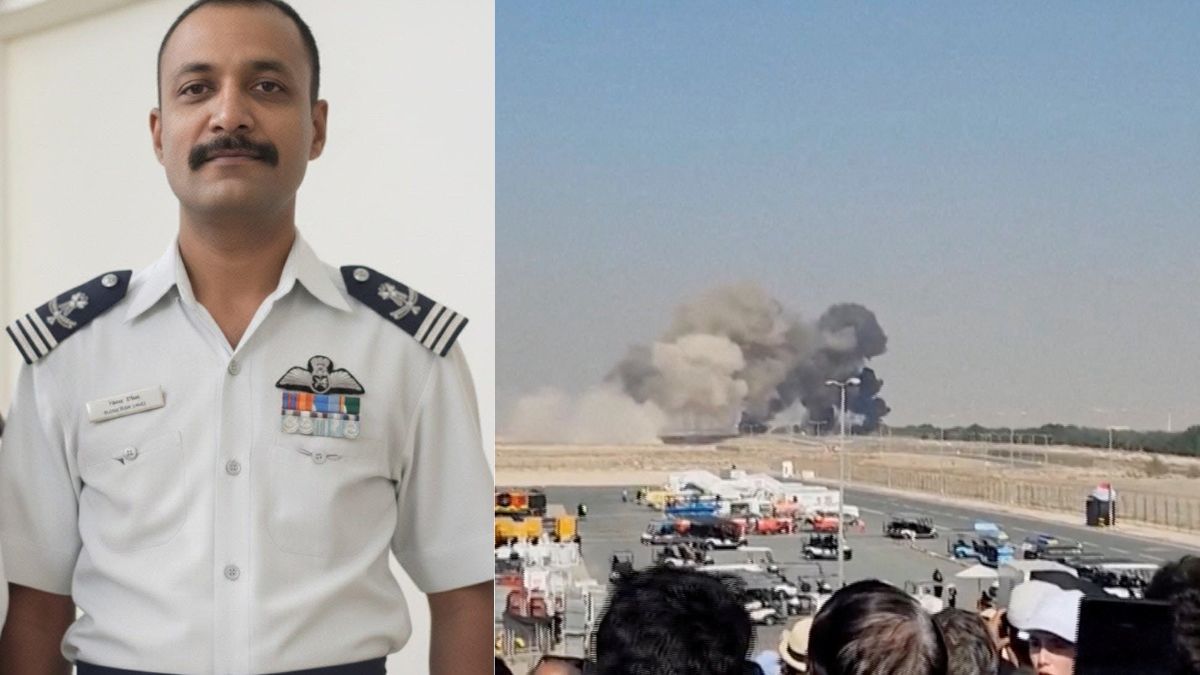)
)
)
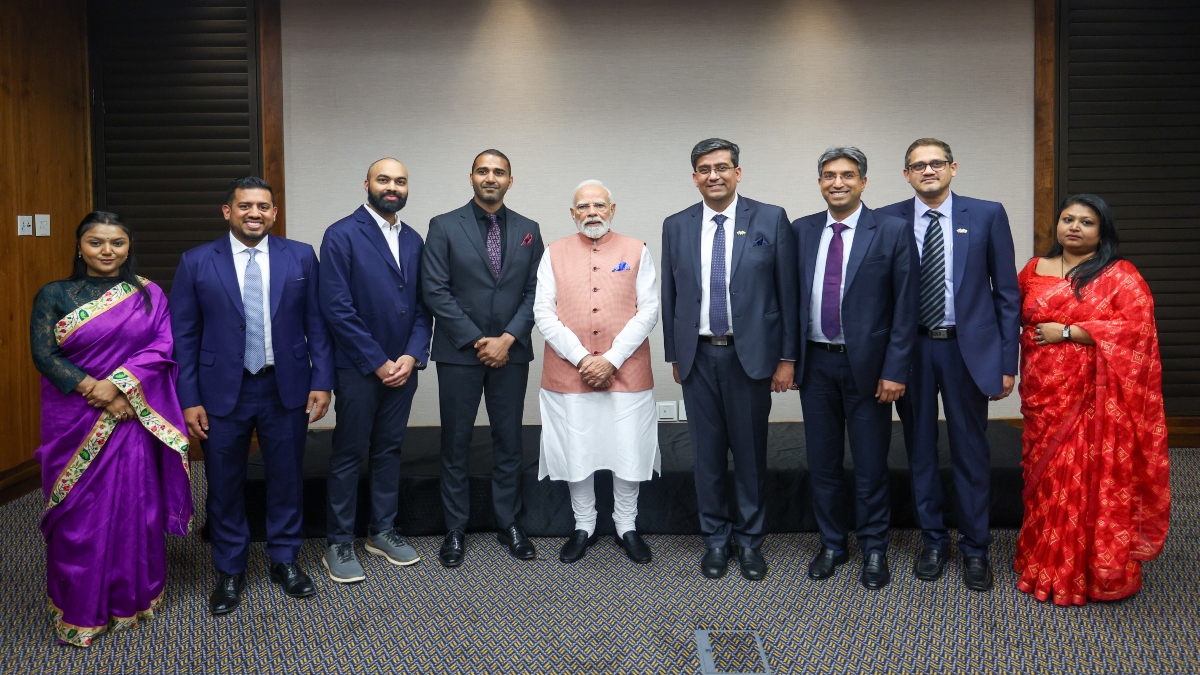)



